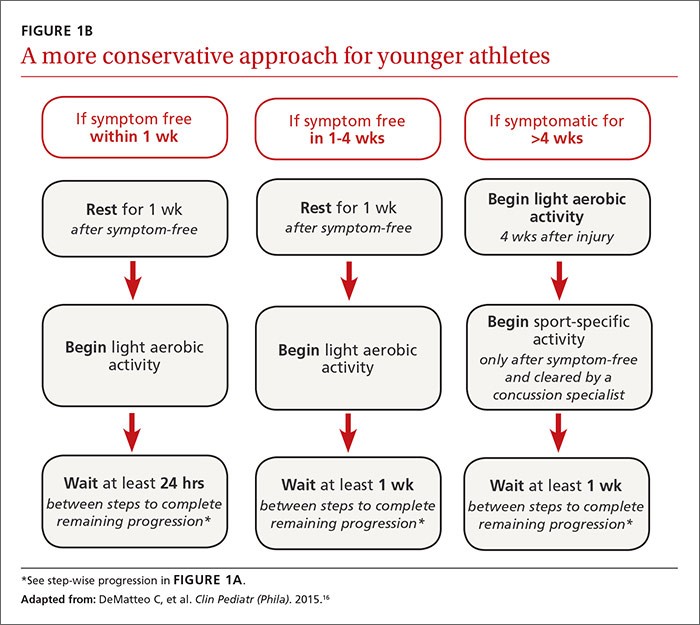
A groundbreaking study from the University of Tampere in Finland reveals that children who experience even mild concussions face reduced chances of pursuing higher education later in life. The research shows these young patients are 15% less likely to attend university or college compared to those who had non-head injuries.
The extensive study analyzed over 24,000 patient records spanning multiple years, comparing children who sustained traumatic brain injuries (TBI) to those who experienced limb injuries like broken ankles or wrists. Among the TBI cases examined, nearly 90% were classified as concussions while about 10% involved more serious intracranial injuries.
"A mild, single concussion is often considered a relatively harmless event, but our research suggests it can have long-term effects on learning and cognitive abilities," explains Julius Möttönen, the study's lead researcher from the University's Faculty of Medicine and Health Technology.
The findings paint a concerning picture of how early brain trauma may shape educational trajectories. Children who experienced TBIs were approximately 19% more likely to remain at lower tertiary education levels rather than advancing to higher degrees. The impact was even more pronounced for those with severe intracranial injuries, who showed a 22% higher likelihood of not pursuing any tertiary education compared to those with concussions.
This research carries particular weight as it tracked patients well into adulthood, focusing on those over age 26 to allow time for completion of higher education. The study controlled for various factors by comparing TBI patients to those with limb injuries, which helped account for similar risk-taking behaviors between groups.
The researchers emphasize the need for enhanced monitoring of pediatric TBI patients, noting that even seemingly minor head injuries can have lasting effects on cognitive development and academic achievement. Their work suggests that current approaches to treating childhood concussions may need reassessment to better support long-term educational outcomes.
These findings were published in the European Journal of Epidemiology, adding to growing evidence about the lasting impacts of childhood brain injuries on later life outcomes.